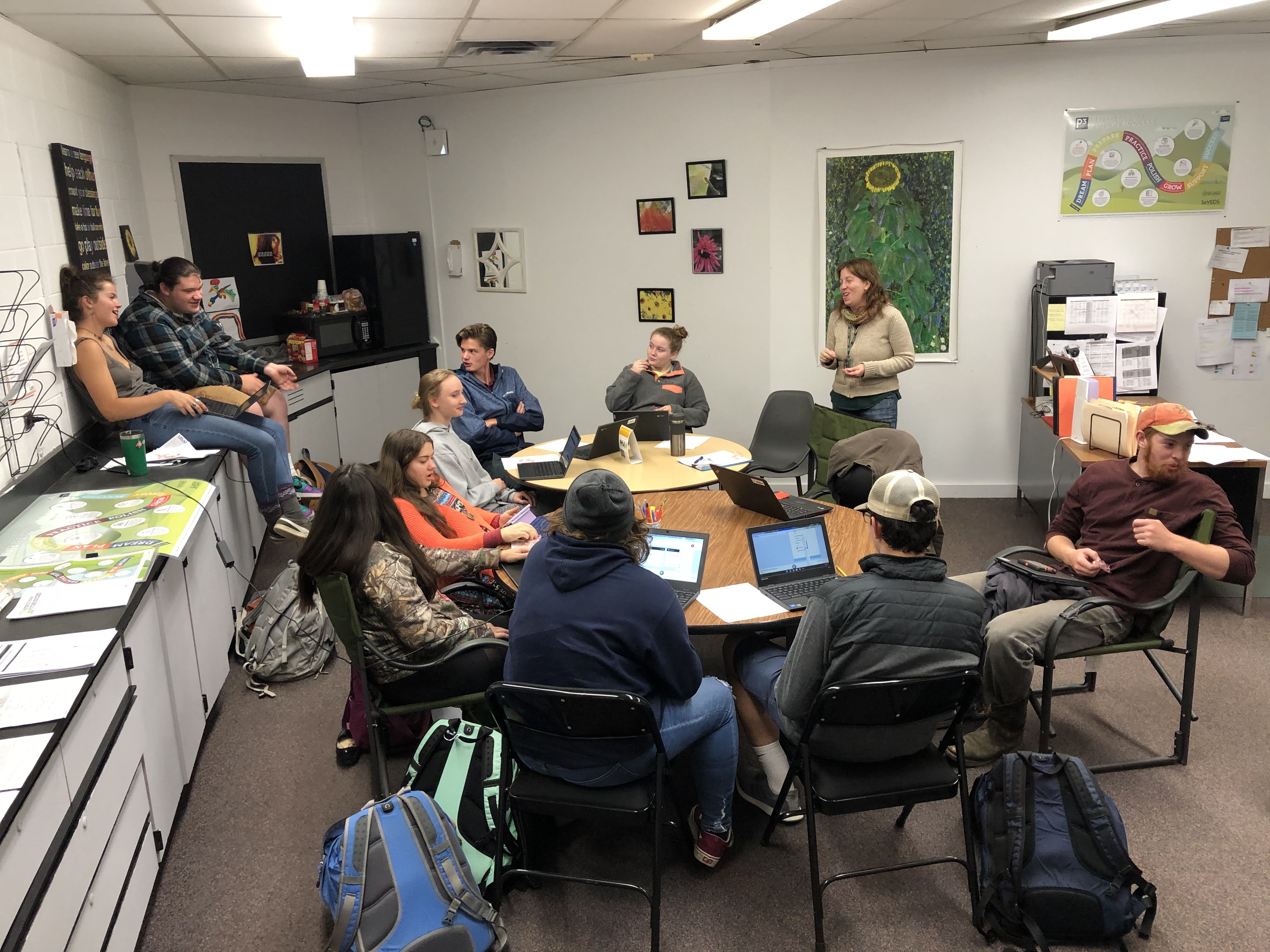How to Host an Intern at Your Small Business
In an uncertain economic landscape, finding the right people for your organization can make all the difference. When the Downtown Brattleboro Alliance was planning their Everyone Eats program, they knew they’d need someone to help manage the project and coordinate volunteers. This provided the perfect opportunity to bring on an intern, and with the help of a recent Smith College graduate, DBA launched what would grow into a highly successful statewide program. DBA’s Everyone Eats intern was hired for a full-time position at the conclusion of the internship and continues to be a tremendous asset to DBA and the community.
Offering an internship helps employers access high-potential talent, and helps students build skills and confidence in their chosen field. BDCC works with employers to develop internship opportunities that benefit everyone. If your organization can offer a meaningful work experience for a young person, or college student of any age, here’s a quick run-through of what you need to consider:
1.) Identify your expertise
What does your organization do exceptionally well? What are the strengths of the individual who would supervise the intern? How would working with your organization create career opportunities for an intern?
2.) Identify your needs
Do you have an upcoming project? Are there systems improvements you’ve been meaning to implement but just haven’t had the time? Are you trying to develop a stronger “talent pipeline” to fill current and upcoming job openings?
[Our intern] was punctual, hard working, had great ideas, and was amazing with our brides, grooms, and guests! — Crystal Jackson, Mount Snow Events Management
3.) Write a job description for the internship
This is where you take the answers from the previous two steps and put pen to paper. You’ll use your answers to work through all the nitty-gritty details including
- A brief overview of your organization
- The role you’re hiring for
- Specific responsibilities
- Required or desired qualifications (write these in a way that encourages potential applicants to think creatively about how their lived experience—not just work experience—makes them suitable for the position)
- Educational or career outcomes for the intern
- Pay rate
- Hours per week
- How much of the work can be done remotely?
4.) Find the right candidate
This is where you may need to get creative in order to get the best candidate. This is our area of expertise, but if you’re working on doing this yourself, here are some tips.
- Create an employer profile and post on Handshake
- Post your position in virtual career fairs
- Connect with career counselors or university department heads for a direct line to the rising stars in your field
The BDCC internship coordinator made it easy for us to find a qualified intern. — Janis Hall, Senior Solutions
If this sounds like a lot to juggle while you’re busy managing your business—don’t worry, we can help! We’ll work with you to set up the position and then take care of promoting it and screening candidates. Still have questions? Schedule a virtual meeting with BDCC’s Talent Specialist.




